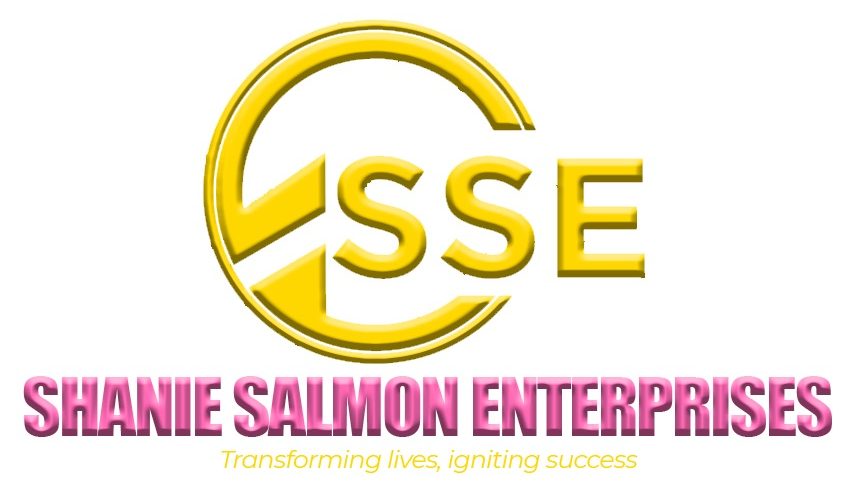Small businesses often face the challenge of managing limited resources while striving for efficiency and growth. Streamlining operations is essential for maximizing productivity, reducing costs, and enhancing overall performance. In this comprehensive guide, we’ll explore strategies and best practices to streamline operations for small businesses, helping them operate more effectively and achieve sustainable success.
- Conduct a Comprehensive Business Analysis: Before implementing any operational changes, it is essential to conduct a thorough analysis of your business processes, workflows, and systems. Identify inefficiency, bottlenecks, and redundant tasks that may hinder productivity. Use tools like process mapping and workflow diagrams to visualize your business operations and pinpoint areas for improvement.
- Invest in Technology and Automation: Technology plays a crucial role in streamlining operations for small businesses. Invest in software solutions and automation tools that streamline repetitive tasks, improve collaboration, and enhance efficiency. For example, project management software like Trello or Asana can help organize tasks and deadlines, while accounting software like QuickBooks simplifies financial management processes.
- Optimize Inventory Management: Effective inventory management is essential for small businesses, as excess inventory ties up capital and leads to storage costs, while insufficient inventory can result in stockouts and lost sales. Implement inventory management systems and practices to optimize stock levels, minimize carrying costs, and ensure timely replenishment. Utilize tools like inventory forecasting software to predict demand and maintain optimal inventory levels.
- Streamline Supply Chain Processes: Streamlining supply chain processes is critical for small businesses that rely on suppliers and vendors to deliver goods and services. Establish strong relationships with reliable suppliers, negotiate favorable terms, and implement Just-In-Time (JIT) inventory practices to minimize inventory holding costs. Additionally, consider outsourcing non-core functions like logistics and warehousing to third-party providers to reduce operational complexities and focus on core competencies.
- Enhance Communication and Collaboration: Effective communication and collaboration are essential for streamlining operations and fostering teamwork within small businesses. Implement tools like Slack or Microsoft Teams to facilitate real-time communication, collaboration, and knowledge sharing among team members. Encourage open communication channels and regular meetings to align goals, share updates, and address challenges promptly.
- Implement Lean Principles: Lean principles focus on eliminating waste, optimizing processes, and continuously improving efficiency. Apply lean methodologies such as 5S (Sort, Set in order, Shine, Standardize, Sustain) and Kaizen (continuous improvement) to identify and eliminate inefficiencies. By fostering a culture of continuous improvement, small businesses can drive operational excellence and enhance competitiveness.
- Monitor Key Performance Indicators (KPIs): Monitoring key performance indicators (KPIs) is essential for measuring the effectiveness of operational changes and identifying areas for further improvement. Define relevant KPIs based on your business objectives and track them regularly to gauge performance. Operational KPIs for small businesses include customer satisfaction scores, inventory turnover ratio, order fulfillment cycle time, and employee productivity metrics.
- Train and Empower Employees: Invest in training and development programs to empower employees with the skills and knowledge needed to perform their roles effectively. Encourage employee involvement in process improvement initiatives and empower them to identify and implement operational efficiencies. By fostering a culture of continuous learning and empowerment, small businesses can leverage the collective expertise of their workforce to drive operational excellence.
Streamlining operations is essential for small businesses seeking to improve efficiency, reduce costs, and enhance overall performance. By conducting a comprehensive business analysis, investing in technology and automation, optimizing inventory management and supply chain processes, enhancing communication and collaboration, implementing lean principles, monitoring key performance indicators, and training and empowering employees, small businesses can streamline operations and position themselves for sustainable growth and success. By adopting a systematic approach to operational improvement and embracing a culture of continuous improvement, small businesses can achieve operational excellence and thrive in today’s competitive marketplace.
Click here, www.shaniesalmon.com, to book a free 15-minute consultation call with us.
Subscribe to our email list for free resources and exclusive content.







